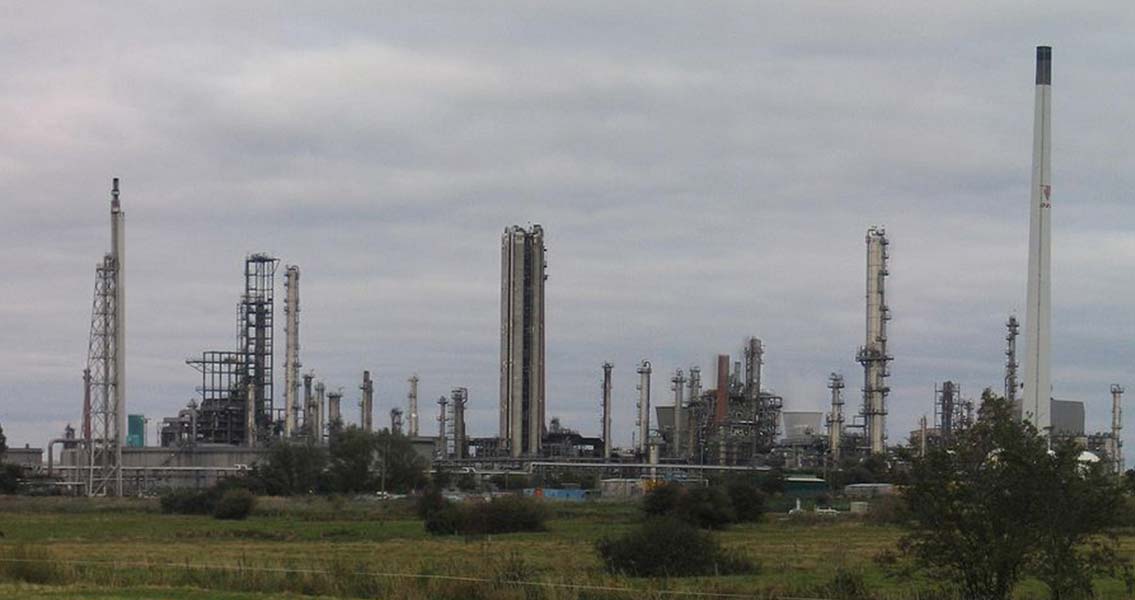<![CDATA[The 16th December 1979 witnessed a key event in the global geopolitics surrounding the trade of oil when Libya and Indonesia, two members of the Organisation of Petroleum Exporting Countries (OPEC), announced their intention to raise the price of their oil by $4 and $2 a barrel respectively. The 1970s witnessed several major oil crises, and the actions of Libya and Indonesia capped off a particularly tumultuous year that had seen the price of oil double from $50 to $101 per barrel. An energy crisis had gripped the world from the start of 1979, centred around events in Iran, one of the founding nations of OPEC. A strike of workers at the Iranian oilfield, combined with the massive upheaval of the country's January revolution, had seriously disrupted oil production in one of the most important exporters of the commodity. By the time America became embroiled in the Iranian hostage crisis in November, oil prices were already well on their way to a record high, and the world was feeling the effects of an "oil shock". Initially, the other countries in OPEC increased their output to offset the slump in production from Iran. It was hoped that by doing this they could protect the oil market form dramatic increases in price. It soon became clear however, that price increases were going to continue anyway. The actions on the 16th December were taken on the eve of OPEC's annual price setting meeting in Caracas. It was hoped that by making a small, controlled adjustment in price, further uncontrolled inflation could be avoided. OPEC was founded in 1960 by Iran, Iraq, Kuwait, Venezuela and Saudi Arabia, with other countries joining over the years, leading to its current twelve members. The enormous power it could wield internationally was first demonstrated in 1973. In resentment of Western support of Israel in the Yom Kippur War, the OPEC countries issued an oil embargo. This saw the price of oil jump from $17 a barrel to $55 in the space of a year. Since its formation, OPEC had been steadily increasing oil production year on year. From 1973 however, production remained constant for six years, to support the artificial price increase. The first oil crisis of the 1970s was the direct result of OPEC's actions, while the second was a consequence of domestic events in Iran, the disruption of which OPEC tried to reduce. What was clear from both events however, was the massive role OPEC could play in deciding the price of oil, and the very real effects the availability of oil could have in Western countries. In the United Kingdom, the 1973/74 Oil Crisis led to a drastic increase in the cost of living. It also contributed to the energy shortage that culminated in the Three Day Week - when industry and business were restricted to conserve energy. Longer term, the rise in production costs that went along with increased fuel prices resulted in the accelerated decline of the country's already vulnerable manufacturing sector. Similarly, in the United States, the 1979 crisis led to panic over gasoline supplies and shortages in the oil used for heating. The popular, but hugely inefficient 'gas guzzling' cars produced by American car manufacturers quickly became an expensive luxury due to the huge costs involved in fueling them. Smaller, fuel efficient Japanese cars from companies such as Honda and Toyota became popular, and the American car industry entered a decline the effects of which are still very visible today, particularly in Detroit. Internationally, the increasing influence of OPEC led to a shift in policy for oil importers. Countries that could reliably produce oil, but were not a member of OPEC, suddenly became hugely significant. The USA and UK started to invest in oil streams closer to home - Alaska and the North Sea respectively, to reduce the dependency on OPEC suppliers. The dynamic of international relations established in the 1970s has continued since. The price of oil fluctuates for a variety of reasons, and OPEC continues to exert a powerful influence, whether directly affecting the price, or as in the case of 1979, being able to regulate it in the wake of national and international upheavals. *All figures for the price of oil in this article have been adjusted to the dollar value of 2013 Image courtesy of: Dirk Ingo Franke ]]>
OPEC and the 1979 Oil Shock
